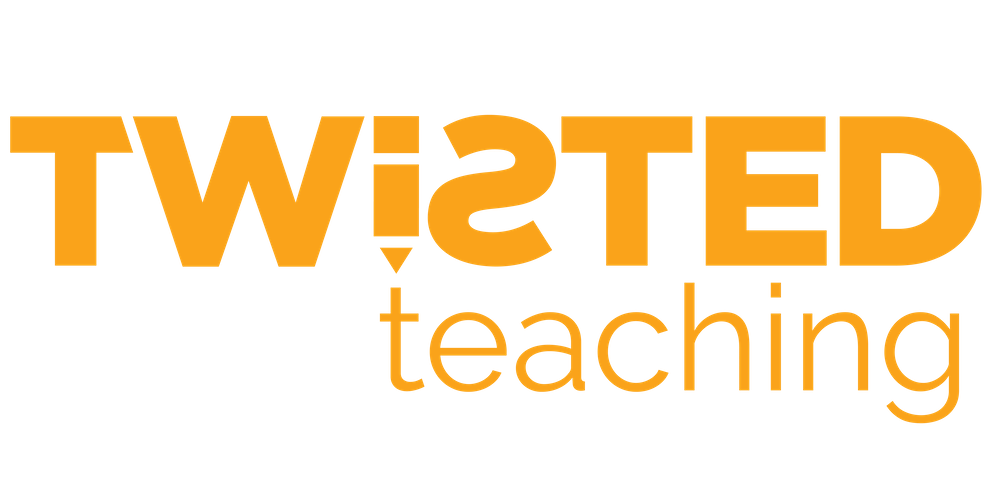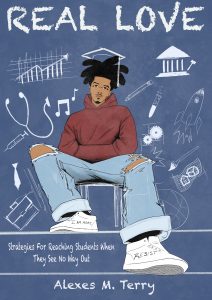The Coronavirus (Covid-19) has impacted the education system in a myriad of ways, the most glaringly obvious being its impact on learners who are economically disadvantaged. The disparity in the educational success of affluent children, verses children with very little resources and support outside of the physical school building has been exacerbated with the transition to online learning. Although many districts have been working to ensure all students have access to technology devices and the internet, these learners still find themselves at a tremendous risk of not being successful in school. Food insecurity, inadequate healthcare, and a lack of parental supervision (due to many lower-income parents not having the option to work from home) have left our most at-risk learners at an even more vulnerable state. Educators will rightfully be concerned about the “summer slide,” as learners will have lost the academic gains they made during the school year. But most importantly, we need to remember that many of our students have gone through traumatic experiences during the course of school closings. Prioritizing social and emotional learning will be essential as educators return to the classroom, whether in person or virtual. It is imperative that as we begin a new school year, our learners, especially the most vulnerable ones, feel safe, secure, and loved before we push them into academic rigor.
Here are a few ways we can begin to ensure this happens:
- Make time for connection: Do emotional check-ins with your learners. Give them opportunities to safely express their concerns publicly and privately. It might give them comfort to know that their peers have also been experiencing the same things at home over the past four or five months. Forming small groups and allowing for open and honest discussions will provide the necessary peer support. Holding office hours (virtually or in-person) where learners can check in with you one on one and communicate things that might be going on at home will enable you to have a better understanding of their needs and develop a plan to help.
- Model self-awareness: Many learners feel emotions that they aren’t certain how to express. Take time to explicitly teach what it means to label feelings. Explain what it means to be irritated, angry, anxious, or depressed. Talk through these feelings and model ways that you cope when those feelings arise. Help learners understand that these emotions make them human and should not be the reason for shame or embarrassment.
- Address inequities and work to dismantle them: Many of our learners have experienced implicit bias due to their race, economic status, religion, culture, or language. The systemic impact of educators holding these biases limits the educational success and opportunities for students and creates a distrust of schools for them and their families. Schools must provide professional development to ensure educators learn how to become aware of their bias and develop competencies in how to understand the communities, cultures and backgrounds of the learners they serve. Addressing bias and developing empathy/understanding in educators plays an important role in the dismantling of inequity within the educational system, which in turn is critical to the proper social and emotional development of students.
- Give Grace: As educators, we want our learners to succeed and make academic gains throughout the year. What we have to understand is that often, especially in the case of Covid-19 and virtual school, there is too much unpredictability and outside forces that have a tremendous impact on their learning. For children that were already dealing with hard issues at home, virtual school and the trauma due to current events put them at an even greater risk of failure. We must pick our battles and extend grace to them and their families as much as possible. Our classrooms must be a safe, nurturing space. When things get difficult for students, take time to identify and educate on the most important, essential standards, while simultaneously giving them the space and grace they need for success.
For many of our learners, being present at a physical school building, and having a relationship with an educator is essential for their health and well being. It is the source of stability, peer connection, and access to adults that can be depended on for guidance and nurturing. When schools abruptly closed the physical building in the spring, this left a huge void for many vulnerable students. We will be unaware of the hard experiences that our learners have been going through over summer. As we return to schools (either in person or online), let us first focus on acknowledging their trauma and ensure that we invest time in addressing their social and emotional needs. No one got into this profession for the money or fame. We got into this profession because we care and we want to make a difference. Our kids need us now more than ever. Let’s work to make a difference by showing them real love.
Gabby Brown has been in education for 16 years. She is currently a Library and Information Technology Educator for Richardson ISD. She is passionate about building positive and authentic relationships between schools and the communities they serve.




